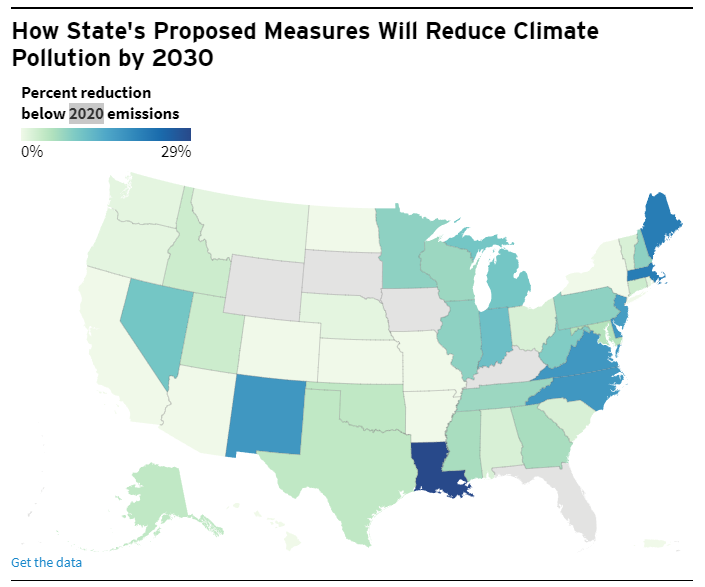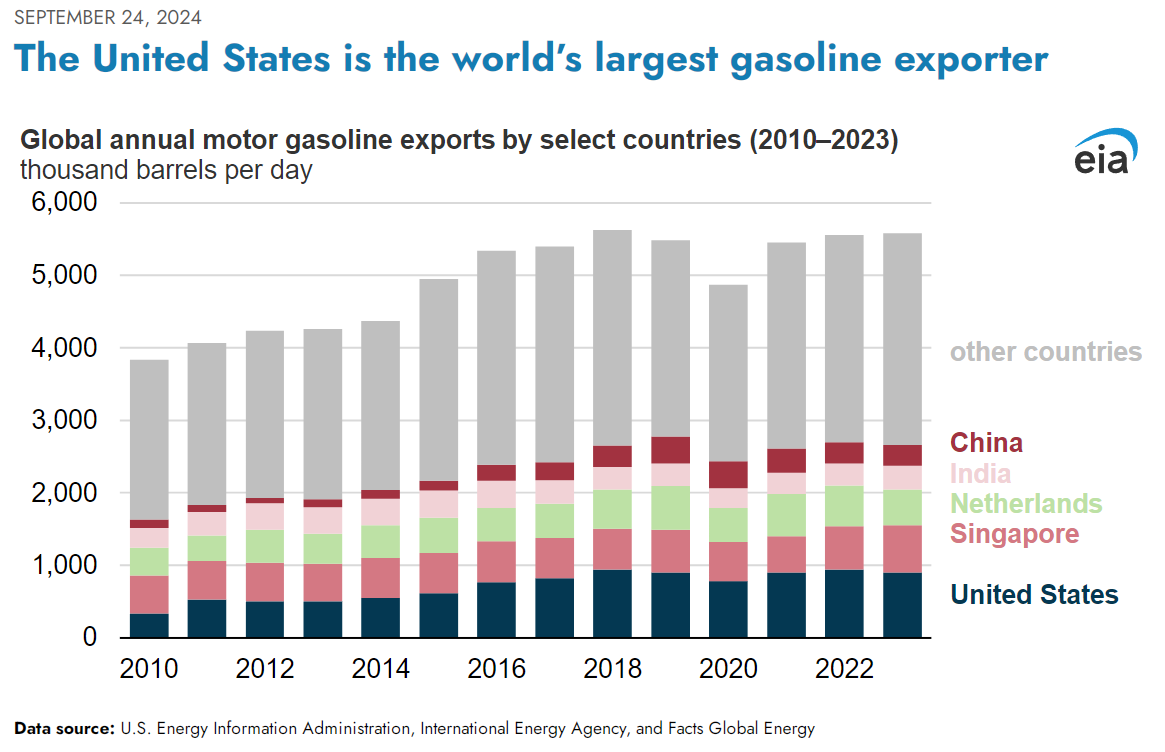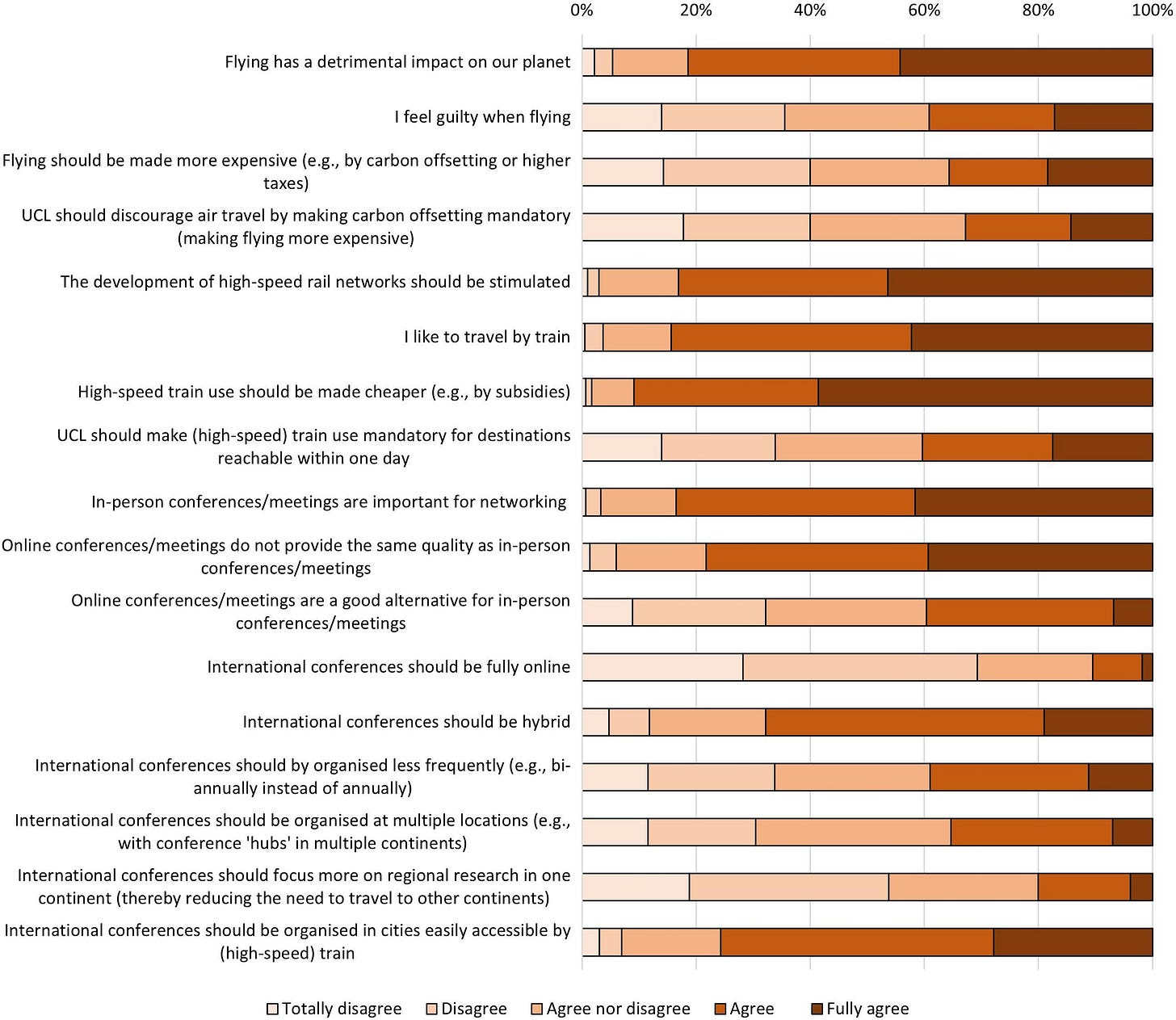If you enjoyed this content, please press the like button above and share it. This really helps spread the word about Briefed by Data. Of course, if you are not already a subscriber, please consider becoming one.
I’m never really sure where QTRS is going to take me each week, and some weeks there is more of a theme, and this is one of them. In short, we aren’t going to reduce greenhouse gas emissions in any meaningful way, as we all want our energy, preferably cheap.
Emissions reductions
The RMI article Measuring Up States’ Priority Climate Action Plans (6/30/204) has the easily misleading subtitle “States’ Priority Climate Action Plans could result in 7 percent less climate pollution from the United States by 2030,” and the article can easily be taken as optimistic. Let’s start with the subtitle.
First, a lot of weight is being put on “could.” In other words, the “7 percent” is really a best-case scenario if states meet all their goals. I’m not betting on that. Second, the “7 percent” is a percentage change with and end year 2030 but no beginning year. As far as I can tell, the starting year is 2020 and occurs in only one place in the article, in the legend of this chart (the light gray state had no plan to review).
A 7% reduction relative to 2020 isn’t much, and it is a best-case scenario, especially given the IPCC goal from the 2023 report:
Limiting global temperature rise to 1.5 degrees C (2.7 degrees F) is still possible, but only if we act immediately. As the IPCC makes clear, the world needs to peak GHG emissions before 2025 at the very latest, nearly halve GHG emissions by 2030 and reach net-zero CO2 emissions around mid-century, while also ensuring a just and equitable transition.
The choropleth map copied here is interactive in the article in that you can scroll over a state to see that actual proposed percentage reduction. The map is nice, but why not add the percentage over each state to make it easier to read or add a related bar chart like this:

What we see is that LA is an outlier that is less clear in the map, and getting the 7% reduction relies on a few states having large reductions, as they are influencing the mean considerably given the median here is only 4%. This is another reason why the 7% is overly optimistic. Finally, this 7% is only of the states that put in place a plan. Five states didn’t put in a plan, and we can’t just ignore that. We should probably assume a 0% reduction from them and reduce the 7% accordingly.
In the end, we aren’t getting to net zero by 2050, and this article seems more like optimistic propaganda than anything. To be fair, they end with this:
That being said, the measures included in the state PCAPs represent significant climate actions, and if states were to fully implement all measures in their PCAP — a big IF — it would take a meaningful bite out of US climate pollution.
Yes, “a big IF,” but the reductions here aren’t that significant. What I’d like to see is a chart of the money states are spending to adapt to climate change.
Data center update
While RMI is pretending we are going to reduce emissions, Microsoft is betting on nuclear (9/20/2024) to help supply the increased energy we want for data centers.
Microsoft plans to take up 100 percent of a revived Three Mile Island nuclear power plant to fuel its AI data center ambitions.
Should regulators approve the project, owner Constellation hopes to open the 837MW Pennsylvania facility in 2028. 100 percent of the power will go to Microsoft, to match the power used by its data centers in the state as well as Chicago, Virginia, and Ohio.
The PPA will last 20 years, significantly longer than Microsoft's traditional solar and wind PPAs. Constellation said that the power use was equivalent to that of 800,000 US households.
Who exports the most gasoline?
It would be the U.S., according to the eia. I’ll keep saying it: as long as fossil fuels exist to be extracted, they and their products will be sold to someone.
From the gardens
The dahlia’s have enjoyed the rain this week (it’s more impressive in person), and one bee is happy. We’ve let a section of the lawn go native, and one of the photos is of the asters that occupy what was once cut grass.


Academics don’t feel bad about flying
The paper Tackling the academic air travel dependency. An analysis of the (in)consistency between academics’ travel behaviour and their attitudes (Sept 2024) has this chart of survey results. The survey was of “1,116 staff members from University College London (UK).” Keep in mind that they have better access to trains than in the U.S. Note the disconnect in the first four questions.
About 80% agree or fully agree that flying is bad for the planet. Yet, less than 40% agree or fully agree to feeling guilty about flying, flying should be more expensive, or air travel should be discouraged by making carbon offsetting mandatory.
In the end, people want their luxuries; they don’t feel bad about them, and they don’t want these luxuries to be more expensive. I’d be willing to be that for the 2-4 questions that the agree or fully agree are inflated as people “know” what answers they should give. Of course I feel guilty about flying.
McMansions
Continuing with the theme of we want what we want, the AEI article The Opportunity Cost of McMansionization in the Los Angeles Metro (9/19/2204) provides this chart of the percentage of McMansions being built. Notice that in the two requirements studied, we see no decrease in McMansions being built. A similarly efficient home half the size will use less energy. Jus saying. Moreover, these large homes are being built when family sizes are smaller. Johnny no longer has to share a bedroom with multiple siblings and wait to use the bathroom; he has a whole wing of the house to himself.
Voters want more fossil fuels
The graph here is one by AEI and part of their Data Points newsletter in my email. I can’t point to a page, but the data comes from the September NYT/Sienna poll. All groups in the poll support increasing domestic production of fossil fuels. Going to college increases opposition, but 58% still support more fossil fuels.
The spinning CD
A cover song by the All-American Rejects.
Please share and like
Sharing and liking posts attracts new readers and boosts algorithm performance. Everything you do is appreciated.
Comments
Please point out if you think something was expressed wrongly or misinterpreted. I'd rather know the truth and understand the world than be correct. I welcome comments and disagreement. We should all be forced to express our opinions and change our minds, but we should also know how to respectfully disagree and move on. Send me article ideas, feedback, or other thoughts at briefedbydata@substack.com.
Bio
I am a tenured mathematics professor at Ithaca College (PhD Math: Stochastic Processes, MS Applied Statistics, MS Math, BS Math, BS Exercise Science), and I consider myself an accidental academic (opinions are my own). I'm a gardener, drummer, rower, runner, inline skater, 46er, and R user. I’ve written the textbooks R for College Mathematics and Statistics and Applied Calculus with R. I welcome any collaborations.











I am amazed that paper got published, exposing as it does the dishonesty of the plurality of academics. (At UCL, but there is no reason to think that specific group differs significantly from those at any other institutions.)
I've said it before and I will no doubt say it again: no one actually cares about climate change. The smugly censorious care only about feeling superior, while their actions are worse than those of the people they censure. Academics have lost any kind of authority long ago; they are now fast losing their social license to exist.